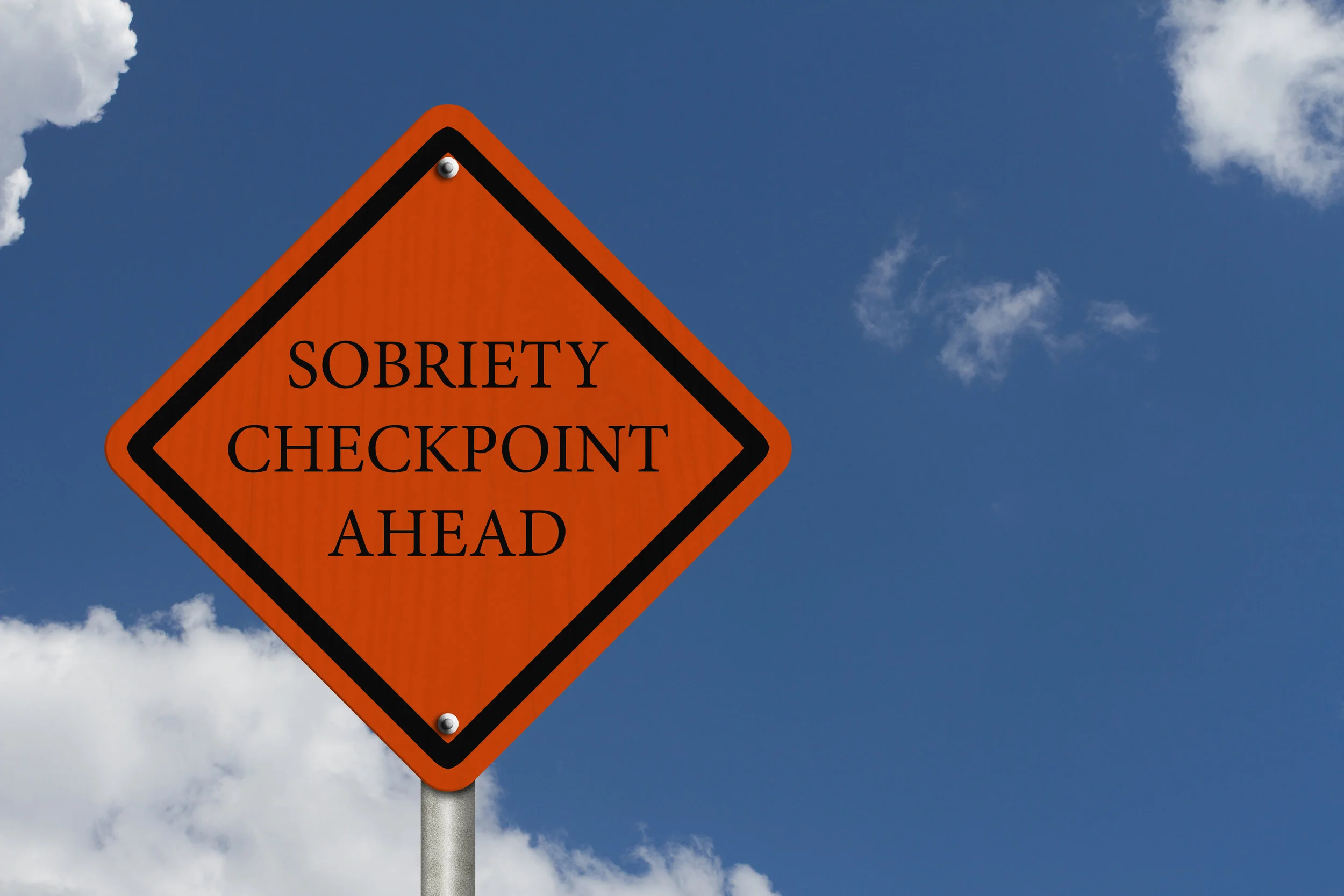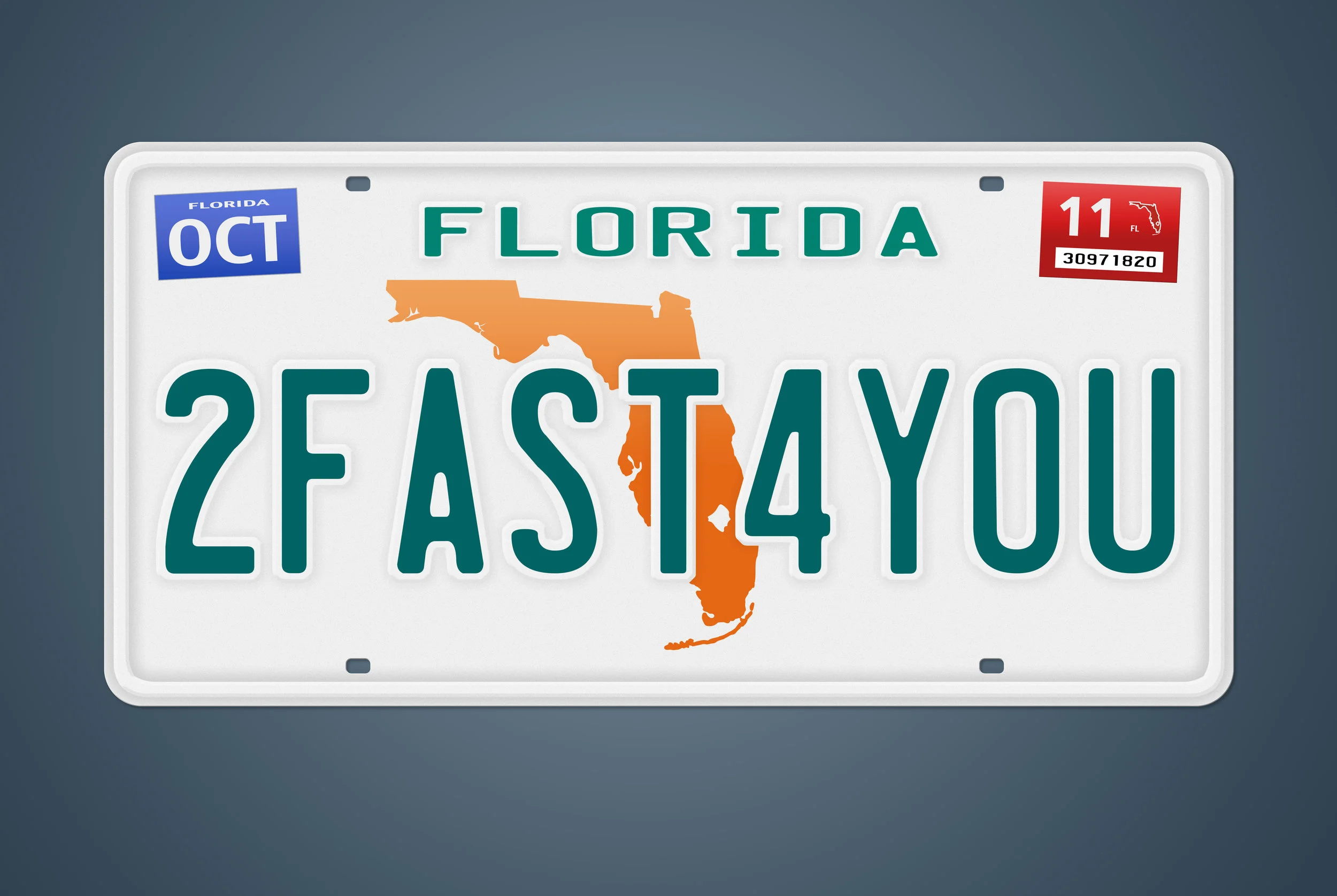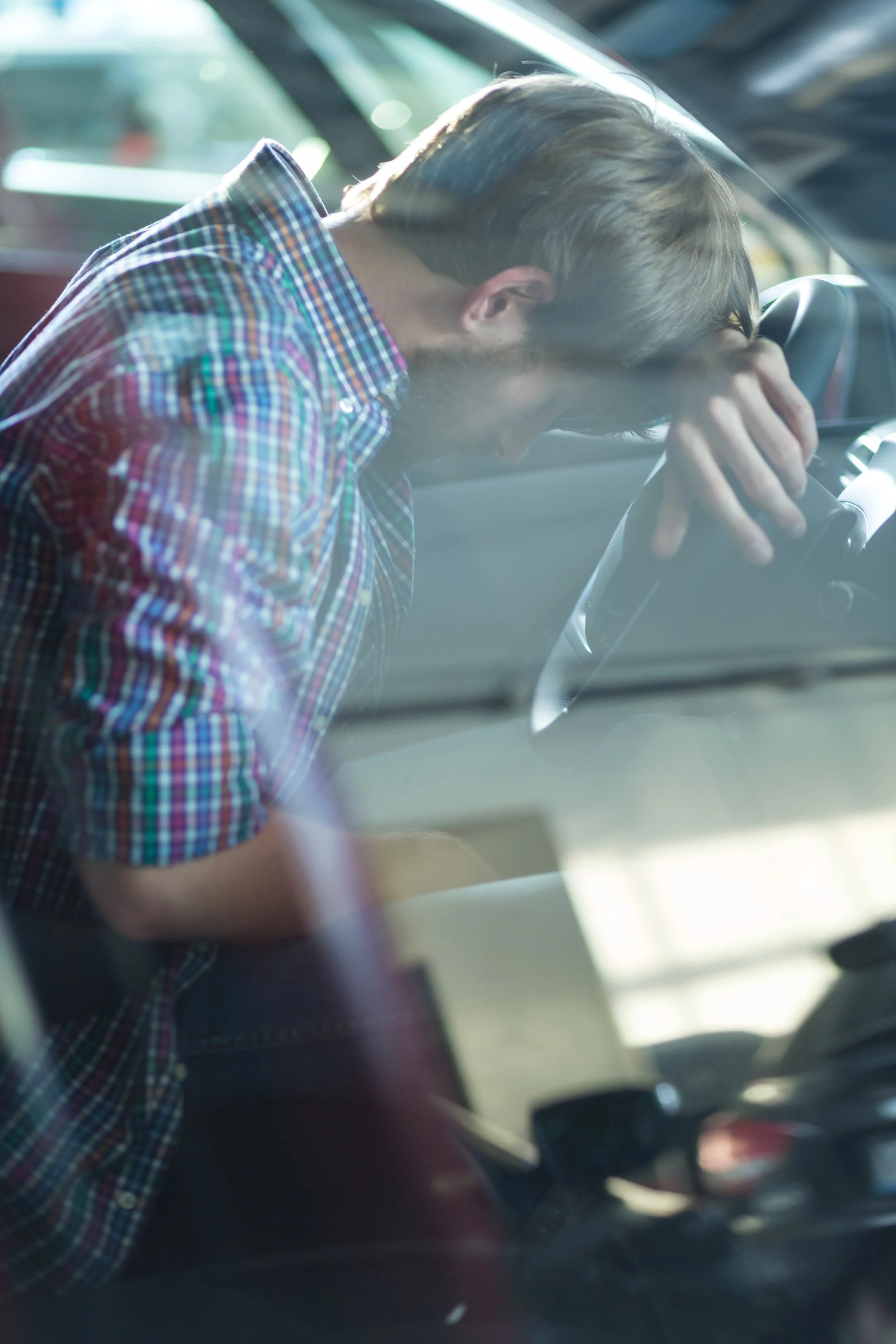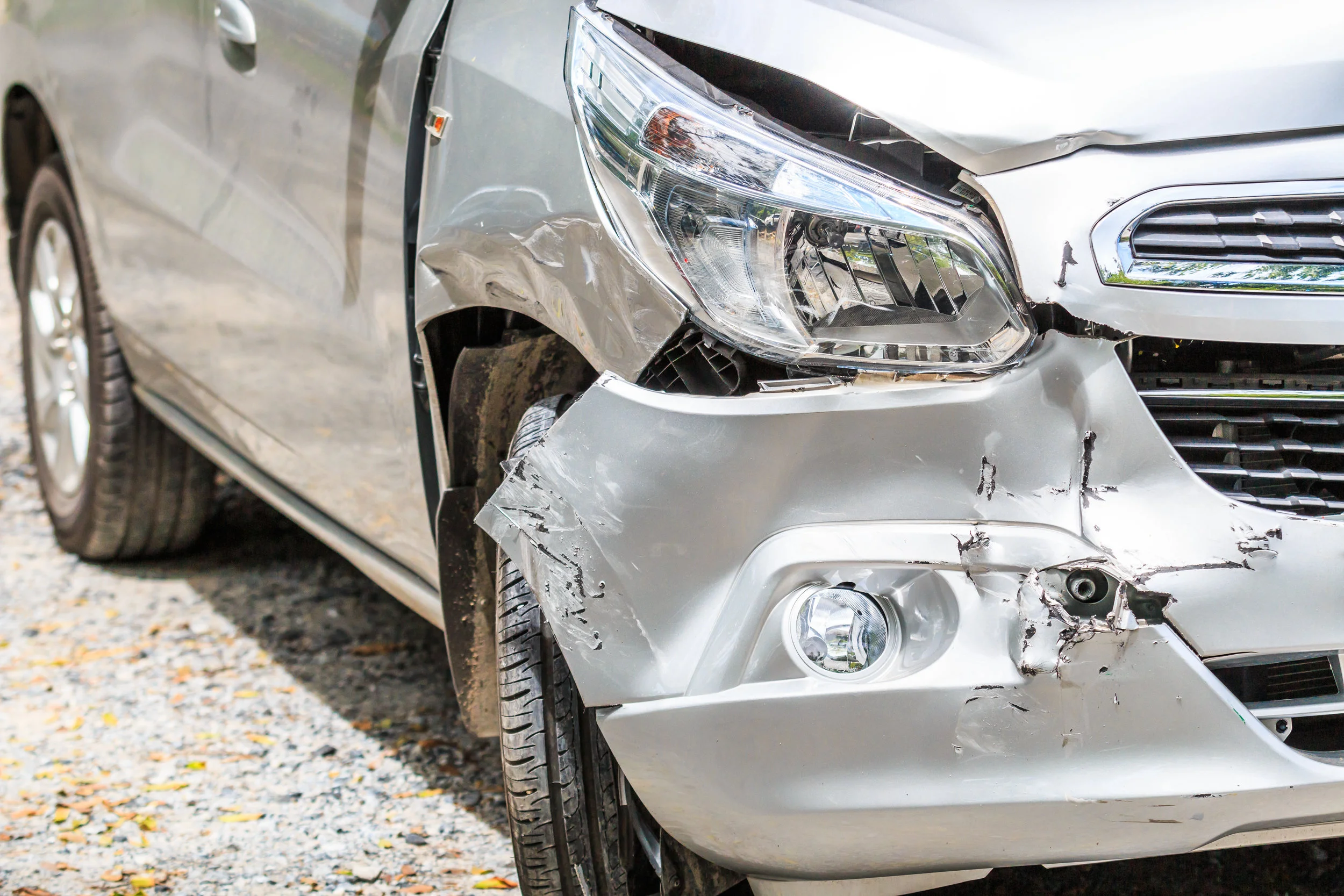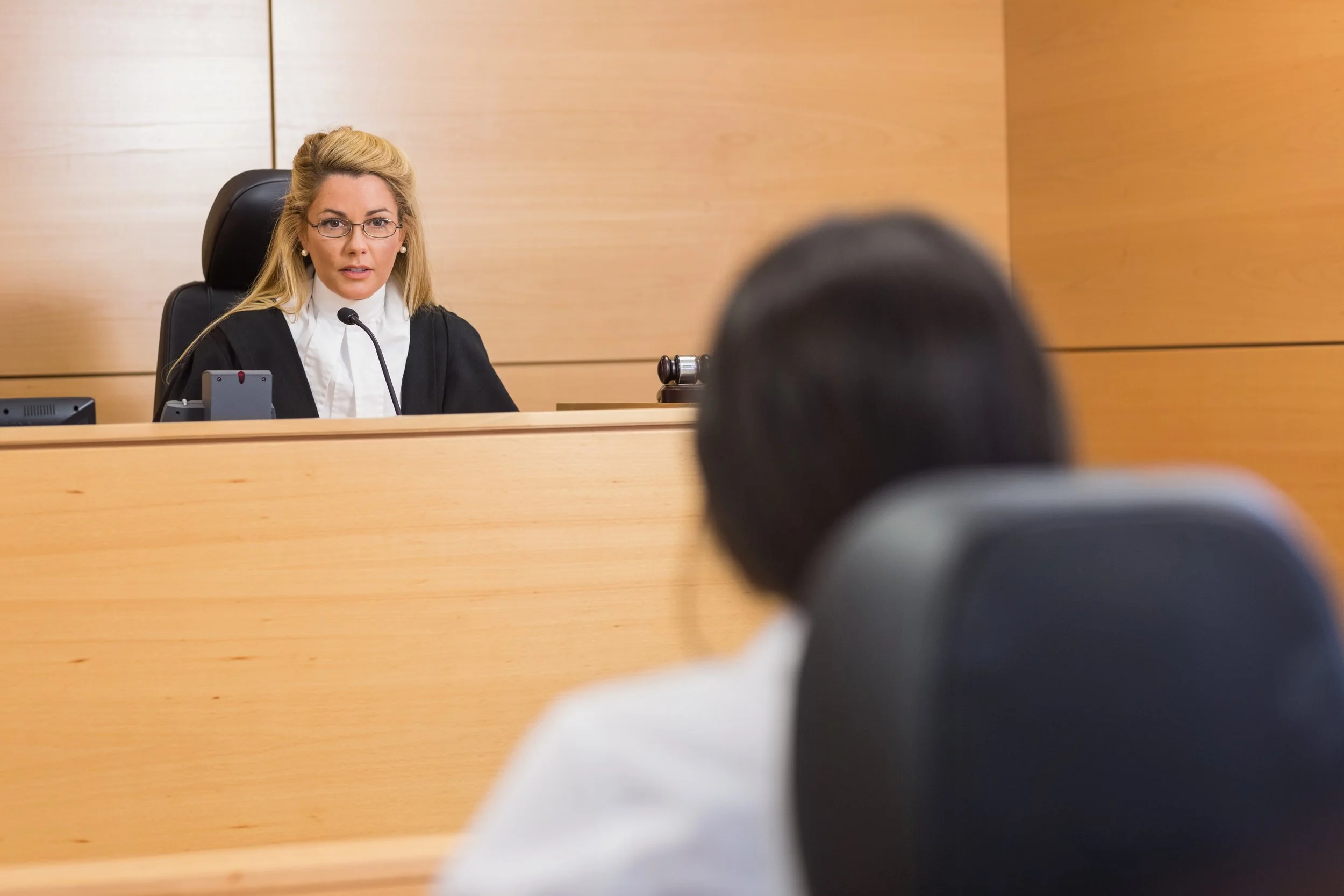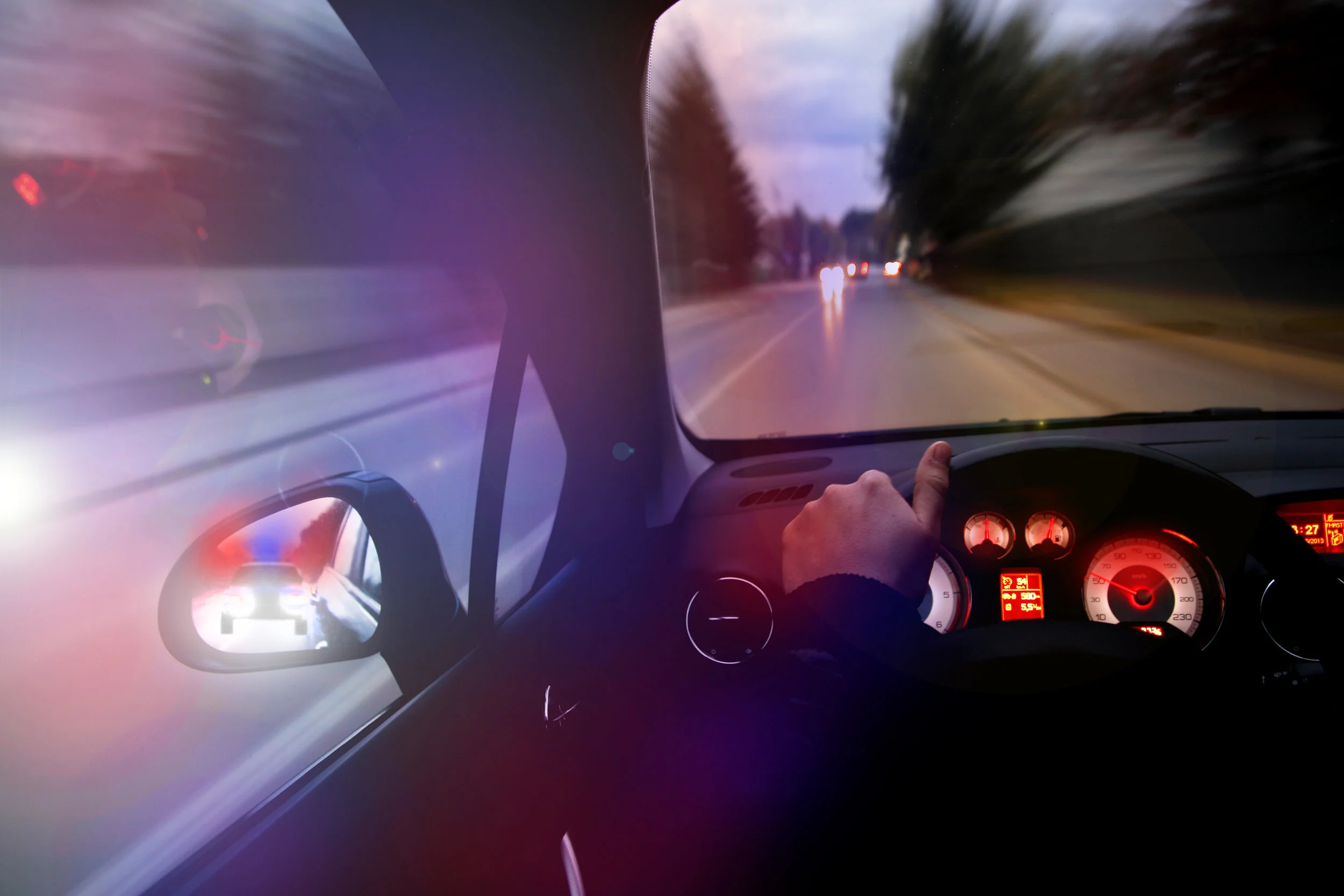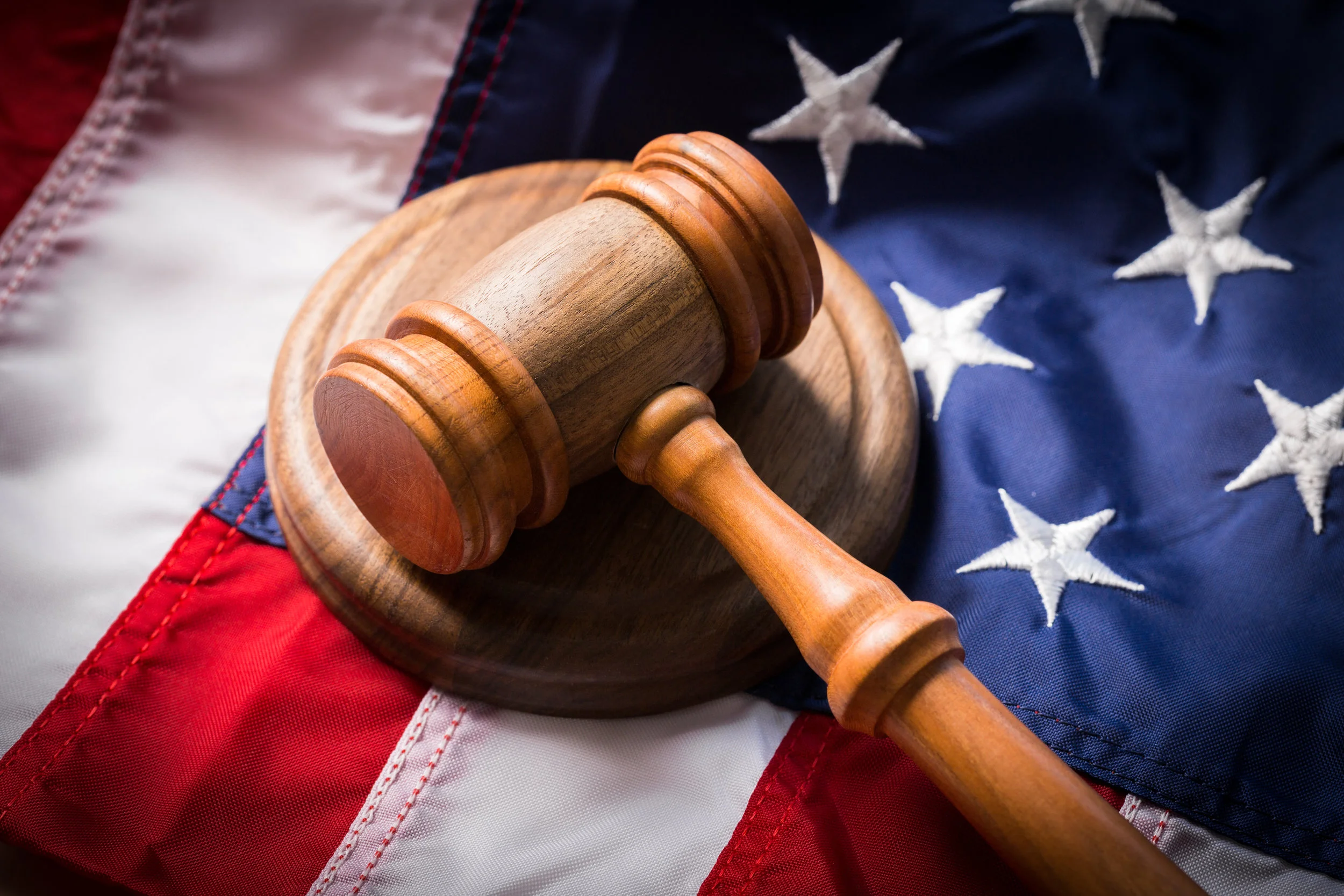Probable Cause to Arrest for an OVI (Operating a Vehicle While Impaired) Requires Indications/Observations of Impairment
/Signs of drinking are insufficient to justify an arrest for an OVI (operating a vehicle while impaired) at a sobriety checkpoint, without also observing signs of impairment such as erratic driving or behavior.
Read More
